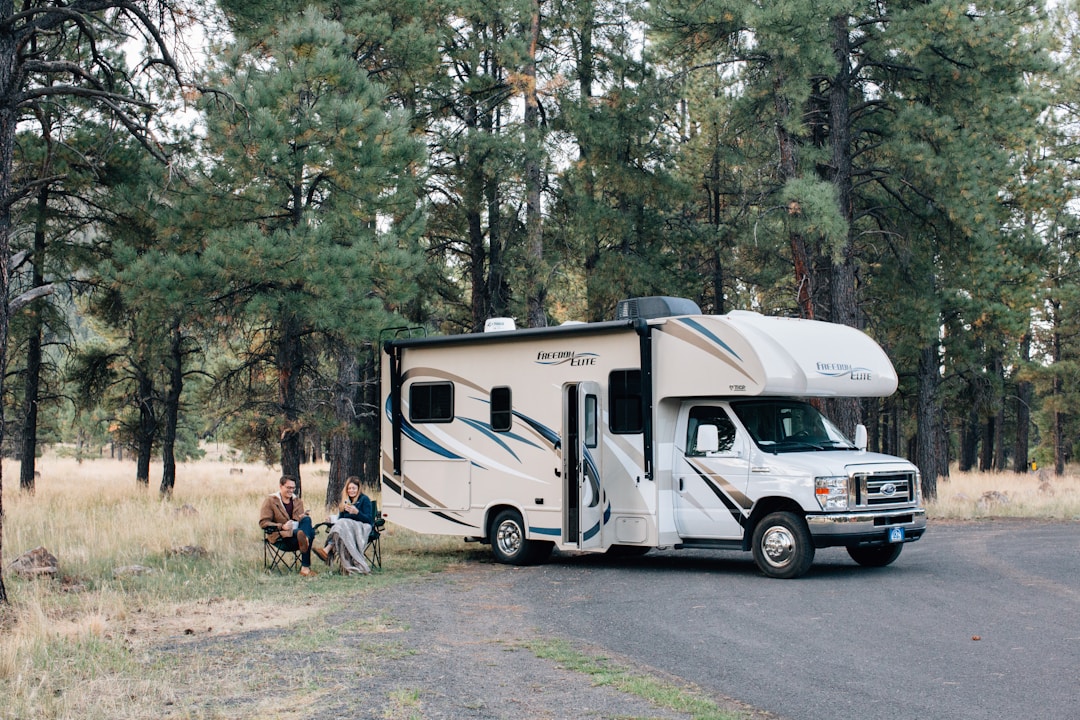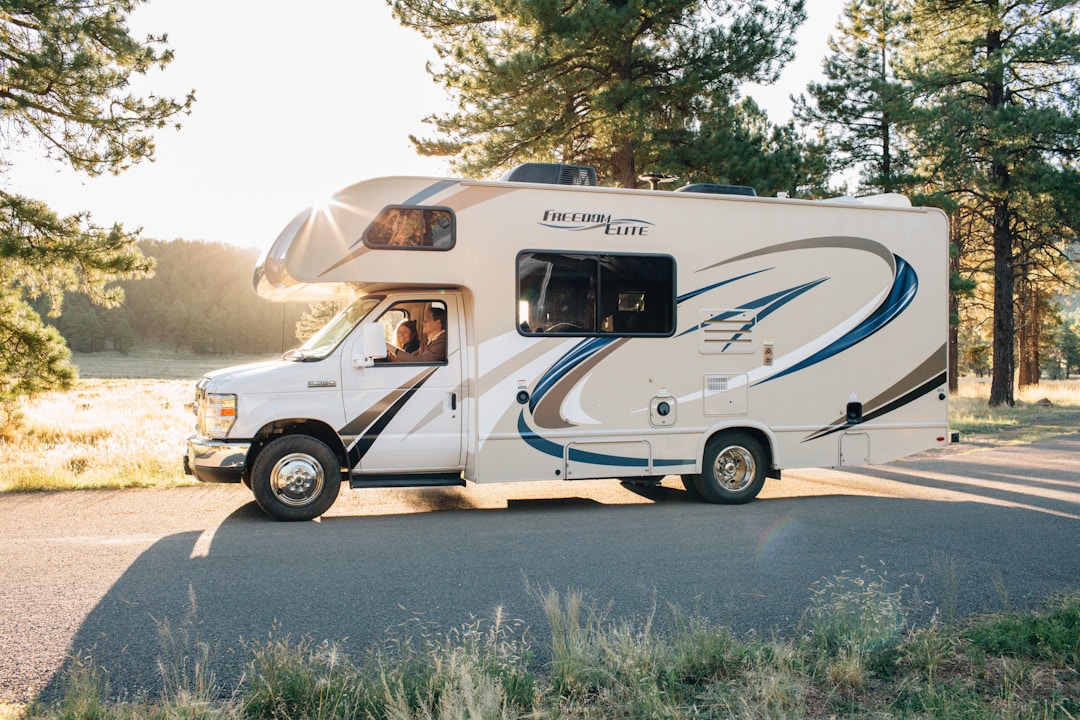Recreational vehicles (RVs) represent not just a mode of transportation, but a significant lifestyle investment for enthusiasts and adventurers alike. Protecting this investment becomes a priority for owners, leading many to consider the benefits of extended warranty coverage. Delving into the specifics of extended warranties can help RV owners make informed decisions about their vehicle’s protection plan. Below, we explore the intricacies of extended warranties for RVs and what you should consider.
Tips for Choosing the Right Extended Warranty Provider for Your RV

Identifying a reputable provider of extended warranty for RVs is crucial for nullifying the risks associated with RV repairs. Look for a provider with a strong customer service and claims fulfillment track record. Reading reviews from other RV owners and seeking recommendations from fellow enthusiasts can be informative and guide you toward a satisfactory decision.
Transparency is equally important. A trustworthy provider should clearly outline what is covered under the warranty without concealing limitations in fine print. Be wary of overly complex contracts and ask for clarifications if something isn’t clear; a reputable provider will patiently explain the terms until you’re confident in your understanding.
The warranty company’s financial stability should also influence your decision. Companies with a stable financial background are less likely to default on claims due to monetary issues. Agencies like A.M. Best rate the financial strength of insurance and warranty providers, providing a useful benchmark for assessing reliability.
It may also be beneficial to consider a provider specializing in RV coverage, such as offering an extended RV warranty. Their in-depth knowledge of common RV problems can lead to more comprehensive coverage tailored specifically to the needs of RV owners, and potentially smoother claims handling due to their familiarity with the intricacies of RV systems.
The Pros and Cons of Investing in RV Extended Warranty

The principal advantage of an RV extended warranty is financial protection from expensive, unexpected repairs. With a solid warranty plan, you could save yourself from the shock of a substantial repair bill, offering peace of mind during your travels. The comfort of knowing that you are covered can allow you to fully enjoy the RV lifestyle without being overly concerned about potential mechanical issues.
On the flip side, extended warranties are not always used to their full potential, leading some customers to question their value. If your RV remains relatively trouble-free, the warranty may seem like an unnecessary expense. The perceived benefit is highly dependent on the reliability of your RV and the frequency of its use.
Another consideration is the warranty’s impact on resale value. An extended warranty can be an attractive selling point for potential buyers, showcasing the care and attention given to maintaining the vehicle. However, this assumes the warranty is transferable, a feature that varies between providers.
While warranties can offer extensive coverage, they are also subject to terms and conditions that may include exclusions, limitations, and deductibles. It’s important to understand what is covered and to what extent, as well as your responsibilities in maintaining the warranty, like adhering to a proper maintenance schedule.
Navigating the Claims Process: What RV Owners Should Expect
When a covered issue arises, the claims process is the pivot on which the benefits of your extended warranty turn. Typically, the first step is contacting your warranty provider to check if the issue is covered. You may be required to take your RV to an approved service center or may have the option to choose your own; knowing these details beforehand prevents any undue stress during emergencies.
Documentation is your best ally during the claims process; ensure you keep accurate records of all maintenance and repairs. Warranty providers will often request this information before approving a claim. Clear records not only expedite claims but also serve as evidence of responsible vehicle stewardship, which can influence the processing of your claim.
While patience is a virtue, timely communication is key. Promptly notifying your provider about a claim and providing all the necessary paperwork as soon as possible can lead to a swifter resolution. Moreover, understanding the expected timeframe for claims processing will help manage your expectations and reduce any apprehension associated with the wait.
Bear in mind that the relationship with your provider is two-way. You must know your warranty’s stipulations, ensuring that any modifications or customizations to your RV do not void the warranty. Adhering to the specified protocol when a problem arises will aid in making the claims process smoother and more efficient.
Overall, the decision to purchase an extended warranty for your RV is complex, with many factors to consider. Weighing the advantages against the disadvantages while considering your unique travel habits and the reliability of your RV will guide you toward the best choice for your needs.
Leave a Reply